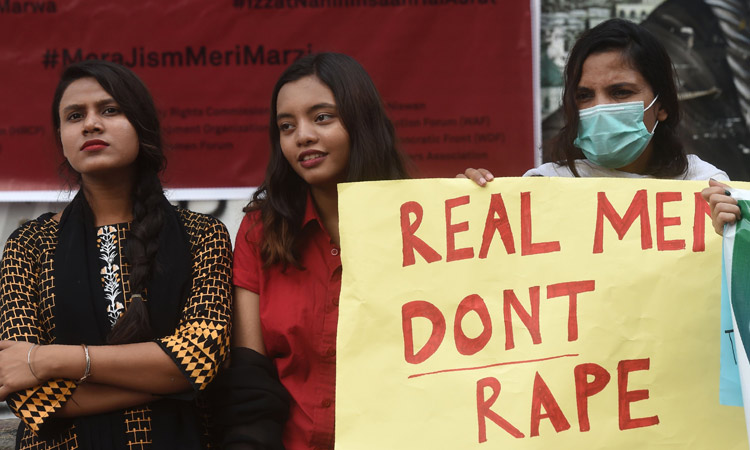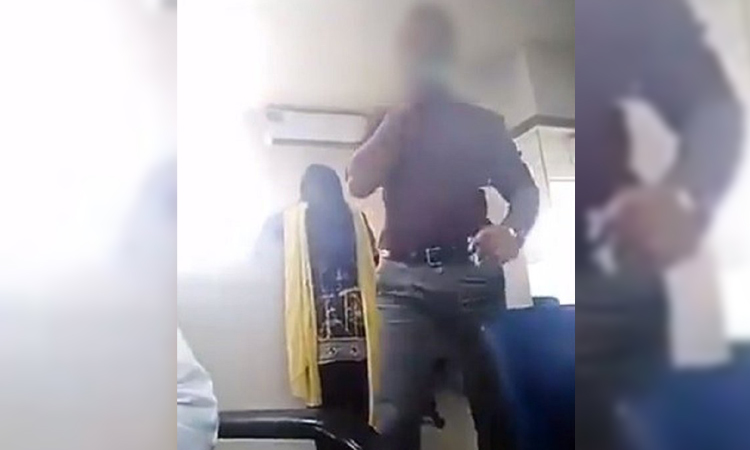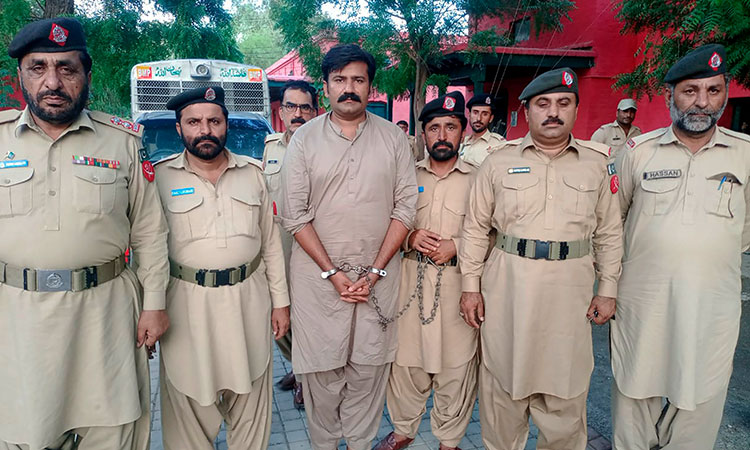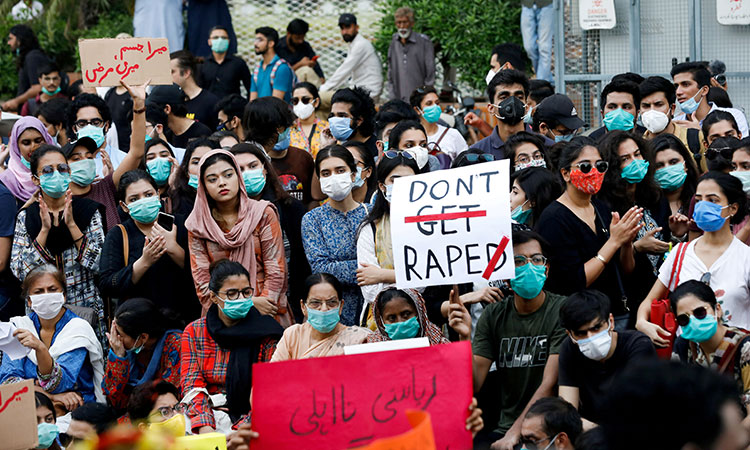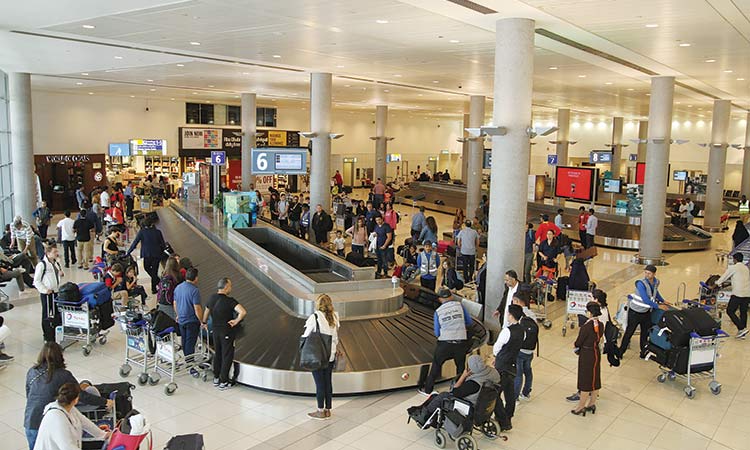Pakistan to establish special courts for speedy trial of rape cases
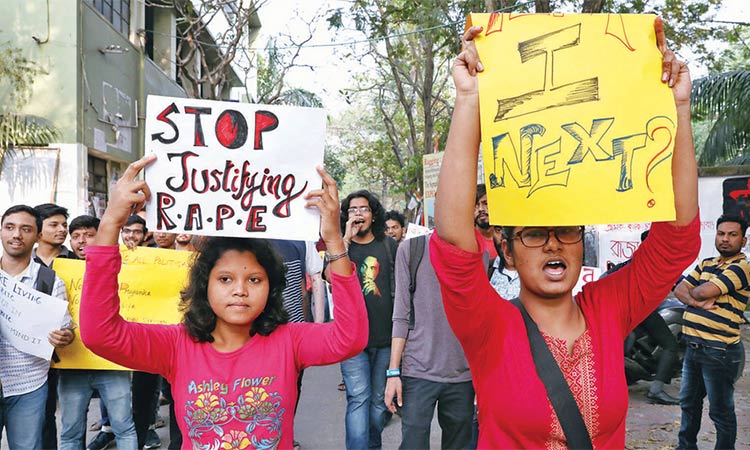
The photo has been used for illustrative purposes.
The government of Pakistan has decided to promulgate next week an ordinance to establish special courts for speedy trial of rape cases, suggesting steps for protection of witnesses and creating a separate prosecution network for this purpose.
Adviser to the Prime Minister on Parliamentary Affairs Babar Awan says the government has planned to bring a "stringent and holistic anti-rape ordinance closing all loopholes.”
Awan, who is also a member of the Cabinet Committee on Legislative Cases, said the prime minister was very much concerned over the recent incidents of rape in different parts of the country.
READ MORE
Pakistani policeman uses own daughter as bait to nab rapists
Newlywed Pakistani-American couple drowns on honeymoon
Pakistan wants early winter vacations for students, curbs on public gatherings
US embassy in Pakistan apologises for sharing opposition leader tweet against PM Imran
He said the ordinance had been drafted in line with the prime minister’s directives to his legal team for preparing the law covering “four sides,” including protection of the victim so that her personal trauma could not become public and protection of witnesses.
Awan said under the proposed law rape cases would not be investigated by ordinary police officials and only a gazzeted officer up to the level of DIG (Deputy Inspector General) or SSP (Senior Superintendent of Police) would monitor these cases. He said the proposed law also suggested steps for speedy disposal of cases. He said in the last few years, over 21,000 rape cases were registered in the country and "only few hundreds of them could go for trial.”
To cover the loopholes and ensure timely justice, a new and separate prosecution network was being created, the adviser said.
Giving details, he said the properties of the convicts in such cases would be forfeited for paying compensation to the victims.
In order to create deterrence in the society, he said, "ultimate and stringent punishments” would be awarded to the culprits. He did not elaborate the measures, which the law suggests for this purpose, but ruled out the option of public hanging as demanded by several political leaders, including some ministers.Awan said special courts would be set up in all the divisions to prevent delay in completion of the trials. He said the 18th Amendment had validated promulgation of ordinances, which were considered "valid legislation” in many countries, including the US.
Moreover, he said, ordinances were promulgated when the parliament was not in session. He said since the parliament was not in session these days due to COVID-19 situation, ordinances could be promulgated by the government as per the constitution. And these ordinances, he added, eventually went to the parliament, which finally enacted the laws.
